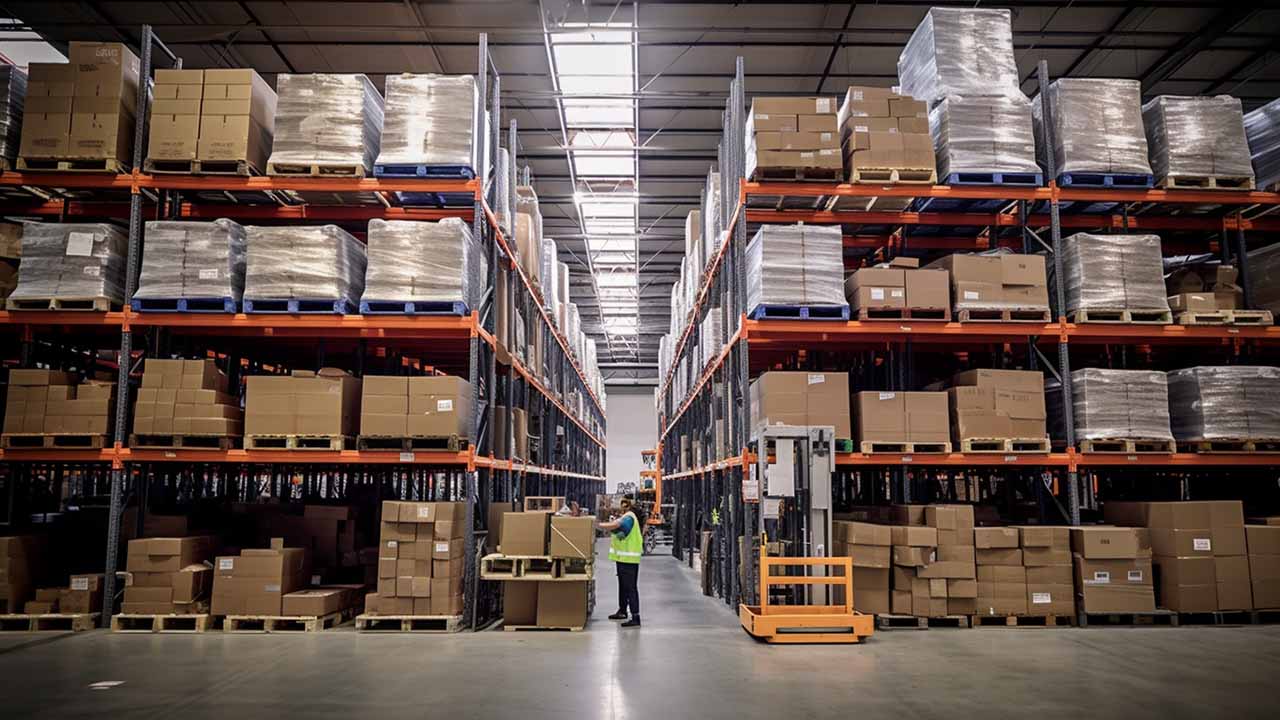
The Ultimate Guide to Warehouse Order Picking
Learn about the process of order picking and the critical components that can make or break it, plus the different types of order picking.
In the era of digital revolution and e-commerce boom, businesses need to adapt their warehouse management system and supply chain strategies to meet the expectations of a more informed and demanding consumer base. This is where omnichannel fulfillment and eCommerce fulfillment come in as essential solutions. This article delves into what omnichannel fulfillment is, its benefits, and some strategies your business can adopt!

Omnichannel fulfillment is an order processing method where all sales channels are integrated, providing the consumer with a seamless shopping experience, whether they’re shopping online from a desktop or mobile device, or in a brick-and-mortar store. Omnichannel fulfillment allows a business to use all of their inventory to serve their customers, regardless of where the inventory is located. Feel free to contact us if you are wondering what is omnichannel fulfillment or if you have any questions about your omnichannel or B2B fulfillment services!
The primary goal of omnichannel order fulfillment is to provide customers with a unified shopping experience, delivering the right product to the right place at the right time. With this approach, retailers can sell and fulfill orders more effectively, leading to increased customer satisfaction and loyalty.

There are several advantages of implementing omnichannel fulfillment in your business operations:
The omnichannel fulfillment process is a series of steps including warehouse organization, order management, packaging, shipping, returns, and customer communication. Each of these steps needs to be executed effectively to ensure a smooth and efficient omnichannel fulfillment process.
There are several strategies businesses can adopt to optimize their omnichannel fulfillment:
While the advantages of omnichannel fulfillment are numerous, it’s not without challenges. These include managing and integrating multiple systems and data, maintaining inventory accuracy across all channels, and ensuring a consistent customer experience.
While both omnichannel fulfillment and multichannel fulfillment involve selling across multiple channels, the key difference lies in integration. Omnichannel fulfillment provides an integrated, seamless experience across all channels, whereas multichannel fulfillment operates each channel independently.

As the retail landscape continues to evolve, an omnichannel fulfillment strategy becomes increasingly important for businesses to meet customer expectations. This approach not only helps in managing inventory and reducing costs but also improves the customer experience leading to higher customer loyalty.
For businesses looking to dive deeper into efficient order fulfillment, check out our list of the 5 benefits of efficient order fulfillment in ecommerce! Explore more about fulfillment services or get started with us today to transform your fulfillment process. Feel free to contact us for any questions!

Learn about the process of order picking and the critical components that can make or break it, plus the different types of order picking.

Your fulfillment pick rate can help grow or hinder your business. Here are 12 tips for how to pick faster in a warehouse operation.

What is pick pack ship? We discuss challenges of pick and pack warehouses, 4 pick and pack methods, and which may be right for you.
There was a time when businesses revolved centrally around the customer and their needs. Decisions were made based on what is best for the customer first. People did what they said they would, and jobs were completed on time. AMS carries on the tradition of customer service today.
AMS is a customer service-centric warehousing and fulfillment company. We have the software, but we don’t replace PEOPLE and SERVICE with software. Being that we are a contract manufacturer as well, we have a lot of expertise and capability that you can rely on and trust.